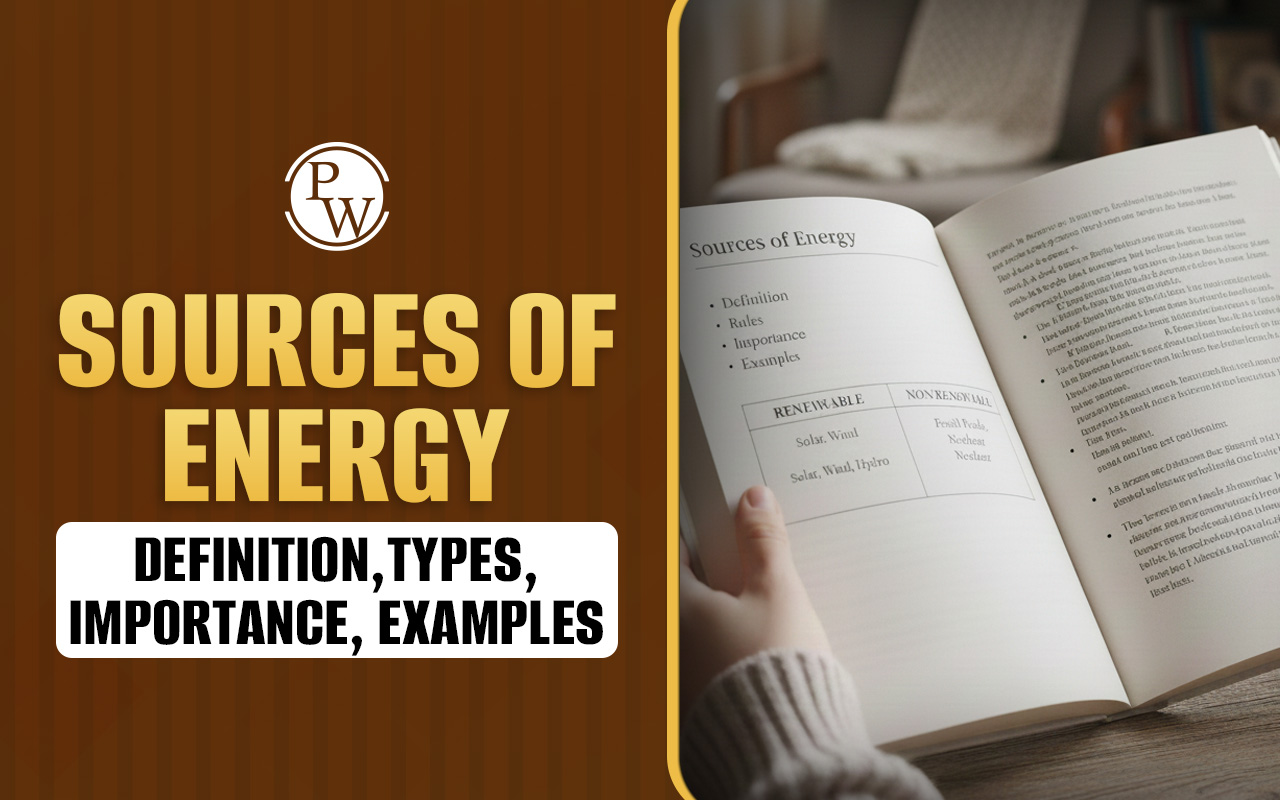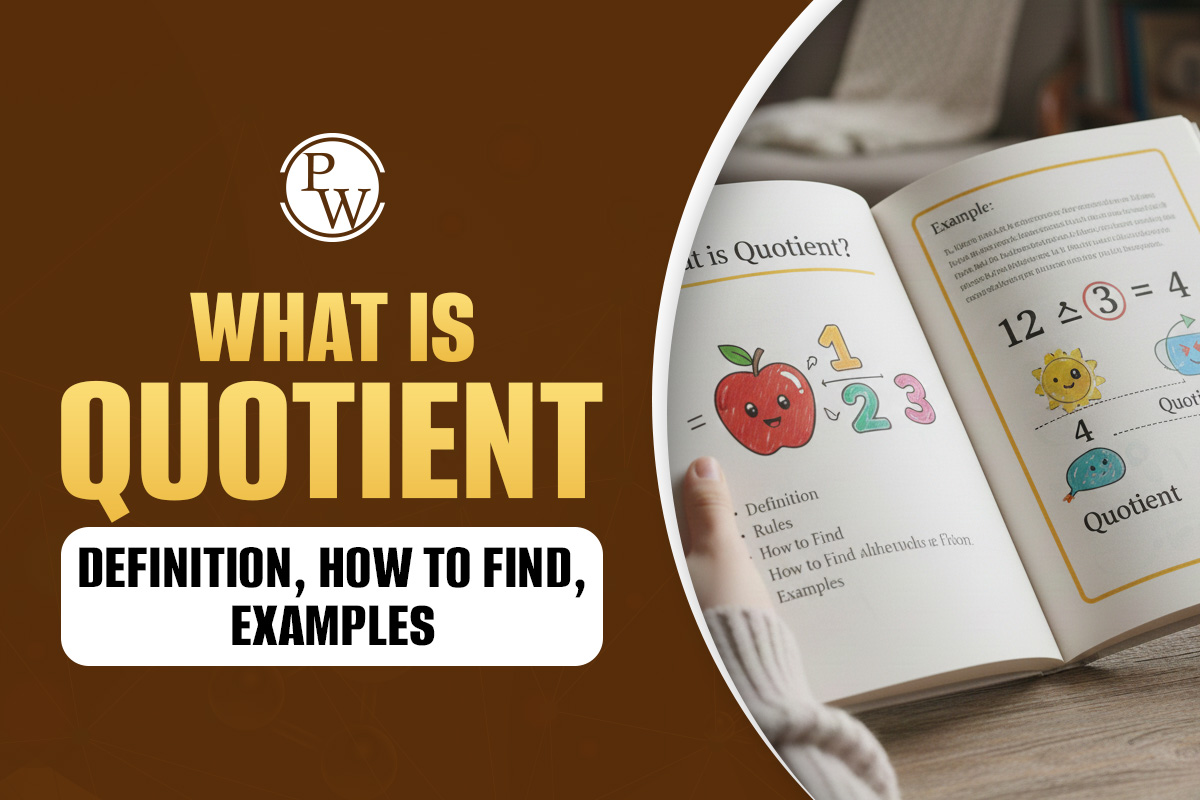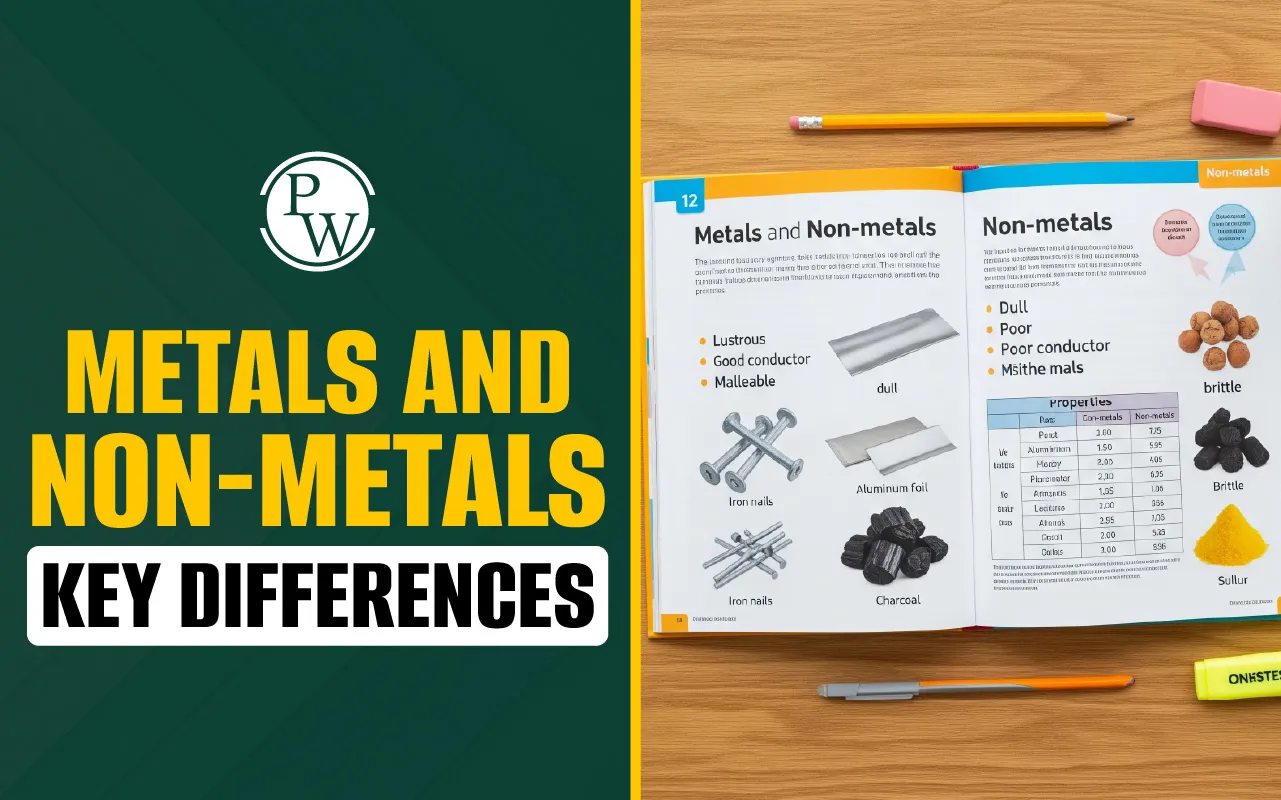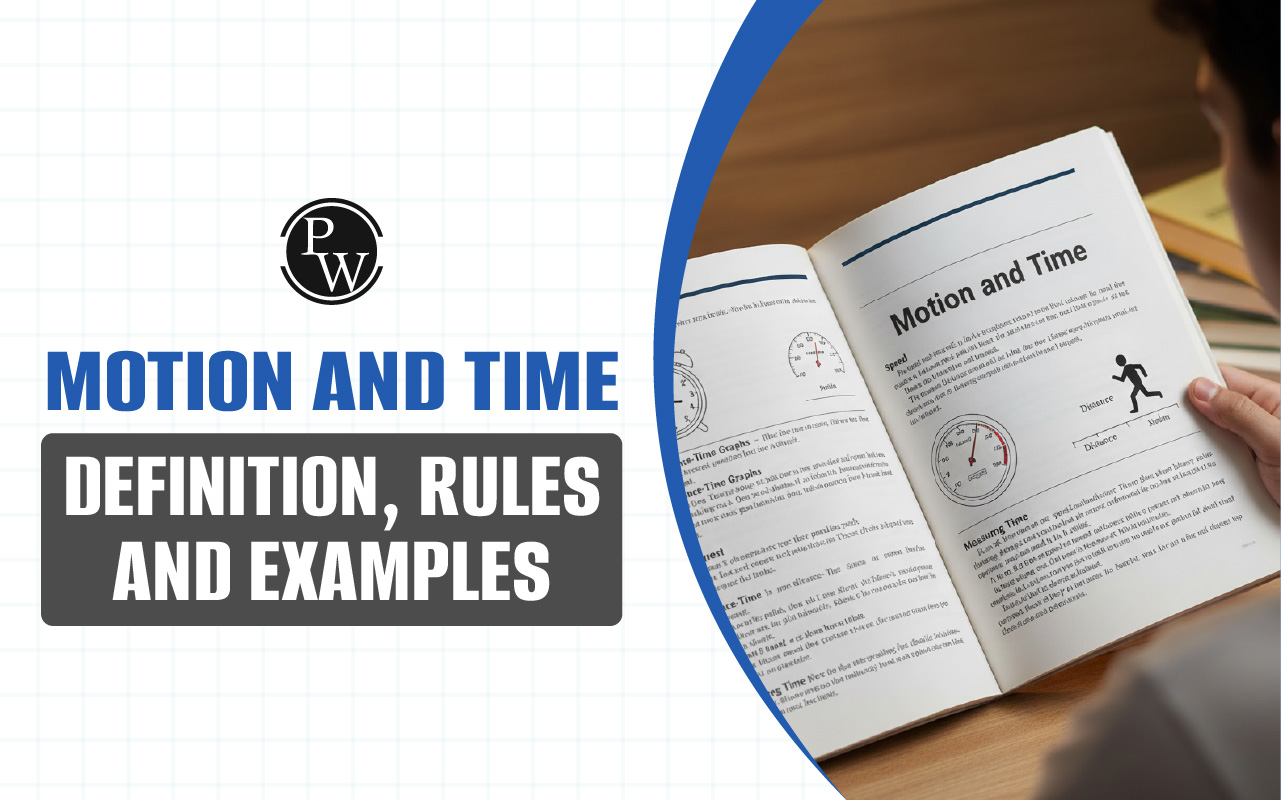
NCERT Solutions for Class 3 EVS Chapter 3: The importance of water in daily life is covered in "Water O' Water!", Chapter 3 of the Class 3 EVS textbook. The chapter covers the necessity of conserving water while introducing students to its many uses, including farming, cleaning, and drinking.
Children get knowledge about the various sources of water, such as lakes, rivers, and rain, via interesting activities and questions. The chapter also discusses how to prevent waste and how important it is to maintain clean water. Students get a practical understanding of water conservation by making connections between these principles and real-life situations.NCERT Solutions for Class 3 EVS Chapter 3 Overview
NCERT Solutions for Class 3 EVS Chapter 3 Water O’ Water!, is crucial because it teaches young students the value of water in everyday life. The chapter discusses the many applications of water, including cleaning, cooking, and drinking, while highlighting the significance of conservation. It aids students in comprehending the sources of water (lakes, rivers, and rain) and the responsible use of water. The chapter also touches on the pollution of water bodies and ways to prevent wastage. Through engaging discussions and activities, students are encouraged to develop habits that protect water resources, making it a vital lesson for environmental awareness from an early age.NCERT Solutions for Class 3 EVS Chapter 3 PDF
Below is the NCERT Solutions for Class 3 EVS Chapter 3 Water O’ Water! pdf for the ease of the students so that they can download this pdf and access it offline.NCERT Solutions for Class 3 EVS Chapter 3 PDF
NCERT Solutions for Class 3 EVS Chapter 3 Water O’ Water!
Below is NCERT Solutions for Class 3 EVS Chapter 3 Water O’ Water! -Question 1 :
Do you know any poem or song on water? Recite it in the class.Answer :
Yes, I know a poem on water. Water for the flowers, Water for the tree. Water for the bird, Water for the bee. Water for the rivers, And Water for the sea. Water for the world, And Water for me!Question 2 :
Which are the places mentioned in the poem where we find water?Answer :
River, waterfall, springs and lakes.Question 3 :
Tick the activities for which water is needed.Answer :
to play to sing to row a boat to write to make tea to knead dough to run a fan to paint pictures to grow plants (The answers are given in bold)Question 4 :
Name any four activities which 1. you can do without water 2. you cannot do without waterAnswer :
1. Dancing, jogging, walking, speaking, running, watching TV, listening to music, etc. 2. Preparing tea, coffee, rice, dal; washing vegetables and fruits; bathing; washing clothes; etc.Question 5 :
Arrange the following on the basis of the amount of water that is needed for each of the activities. Begin with the activity that needs the most water.Activities : to bathe, to drink, to clean the house, to water the fields, to knead the dough.
Answer :
1. To water the fields 2. To clean the house 3. To bathe 4. To drink 5. To knead the doughQuestion 6 :
In the poem you read about rivers, waterfalls, lakes and springs. We get water from all these places. From where do you get water? Put a circle around those places that are either in your house or around it.Answer :
lake, well , tubewell , pond , waterfall, hand pump, river, stream, tap , tank (tanka), sea, hot water spring. (Places in or around the house are given in bold)Question 7 :
Have you seen hot water coming out of the ground? Where?Answer :
No.Question 8 :
Does any river flow through your village or city? If yes, write its name.Answer :
Yes, Kaveri flows through my city.Question 9 :
Do you know the names of any rivers? Write their names.Answer :
Yes, I do know the names of some rivers: Yamuna, Ganga, Krishna, and Kaveri.Question 10 :
At home, where do you get drinking water from?Answer :
In taps through the pipelines.Question 11 :
Do you have to go far to get water? How much time does it take to bring the water?Answer :
No, it's not far for us to get water. It enters through the pipelines and into the taps.Question 12 :
Do your neighbours bring water from the same place?Answer :
Yes, the pipelines supply water to my neighbours as well.Question 13 :
Why do we need to store water?Answer :
Water needs to be kept in storage because supplies may run out during the day.Question 14 :
Who fetches and stores water in your house?Answer :
My parents especially my mother store water in my house.Question 15 :
Are there certain people who are not allowed to take water from there?Answer :
No, there is no such case.CHUTKI IS CONFUSED
Question 1 :
What do you feel? Did Chhutki’s glass tumbler have less panna?Answer :
No, the amount is the same as earlier.Question 2 :
Given in the grid are some places where water is found. Find seven of them and put a circle around each. One has already been done for you.Answer :

Question 3 :
In every row put a circle around one that is different from the others. Also tell how it is different. 1. River, mountain, lake, pond, spring. 2. Bathing, washing clothes, swimming, combing hair, kneading dough. 3. Fish, duck, monkey, crocodile, tortoise. 4. Car, boat, bus, train, bicycle.Answer :
1. Mountain – All the others are sources of water. 2. Combing hair – All the other activities require water. 3. Monkey – Does not live in water. 4. Boat – All others are vehicles that run on land.Benefits of NCERT Solutions for Class 3 EVS Chapter 3
NCERT Solutions for Class 3 EVS Chapter 3 "Water O’ Water!" offer several benefits for students:Concept Clarity : The solutions provide clear explanations of the key topics related to the uses, sources, and conservation of water, making complex ideas easier for young learners to understand.
Activity-Based Learning : The chapter encourages hands-on activities and thinking exercises, enhancing learning through fun and practical experiences.
Exam Preparation : The solutions are structured to align with NCERT guidelines, helping students prepare effectively for exams by covering all important points.
Environmental Awareness : Through this chapter, students learn about water conservation and pollution, promoting eco-friendly habits from an early age.
Problem-Solving Skills : By offering answers to textbook questions, students improve their analytical and reasoning abilities.
NCERT Solutions for Class 3 EVS Chapter 3 FAQs
Where does water come from in EVS class 3 question answer?
What is the summary of water o water?
Why do we need water answers for class 3?
Who fetches and stores water in your house?
What is the main source of water for Class 3?







